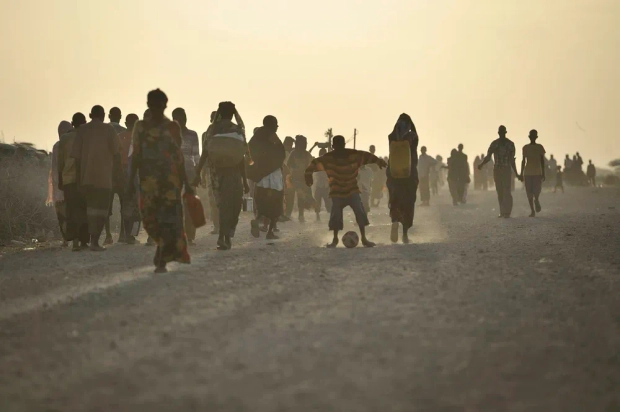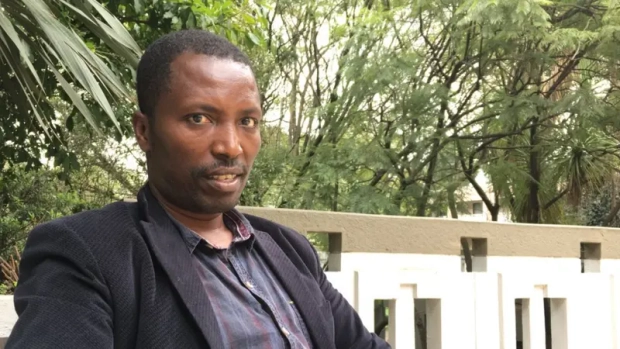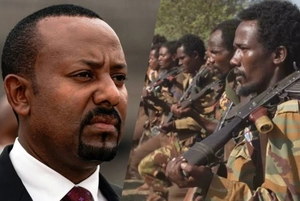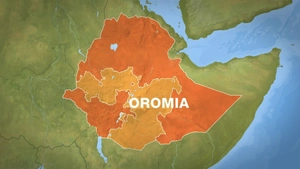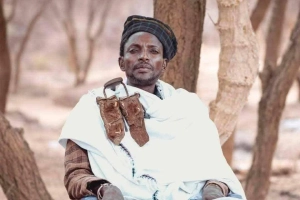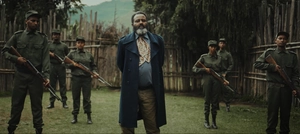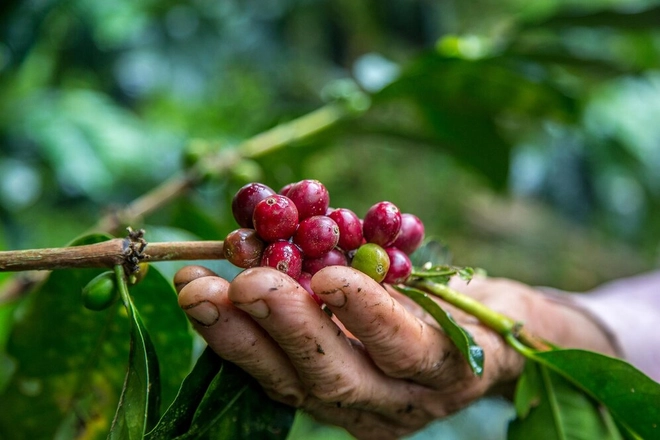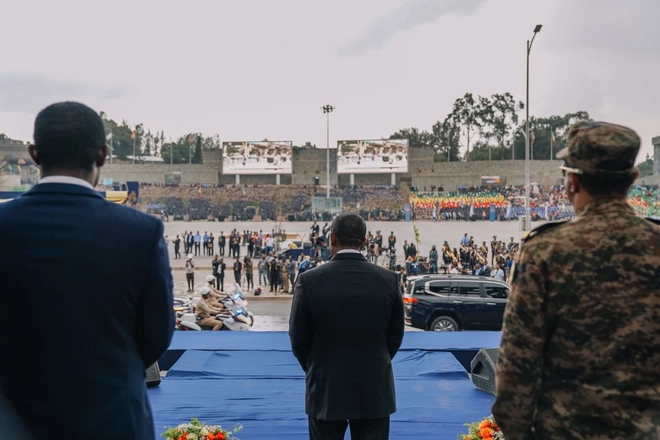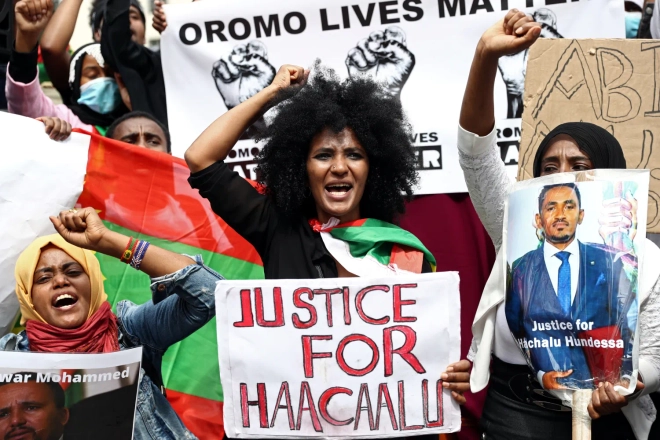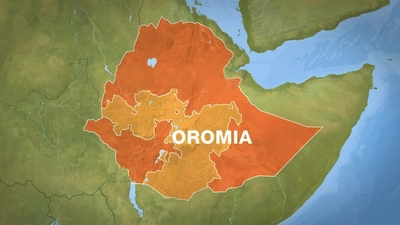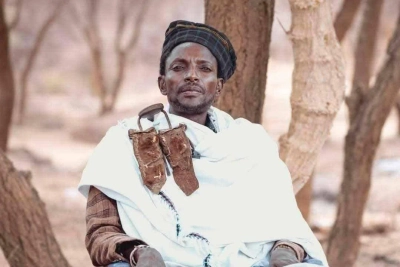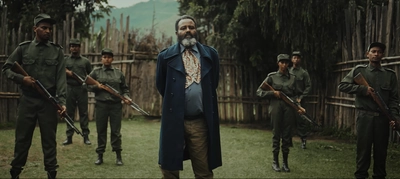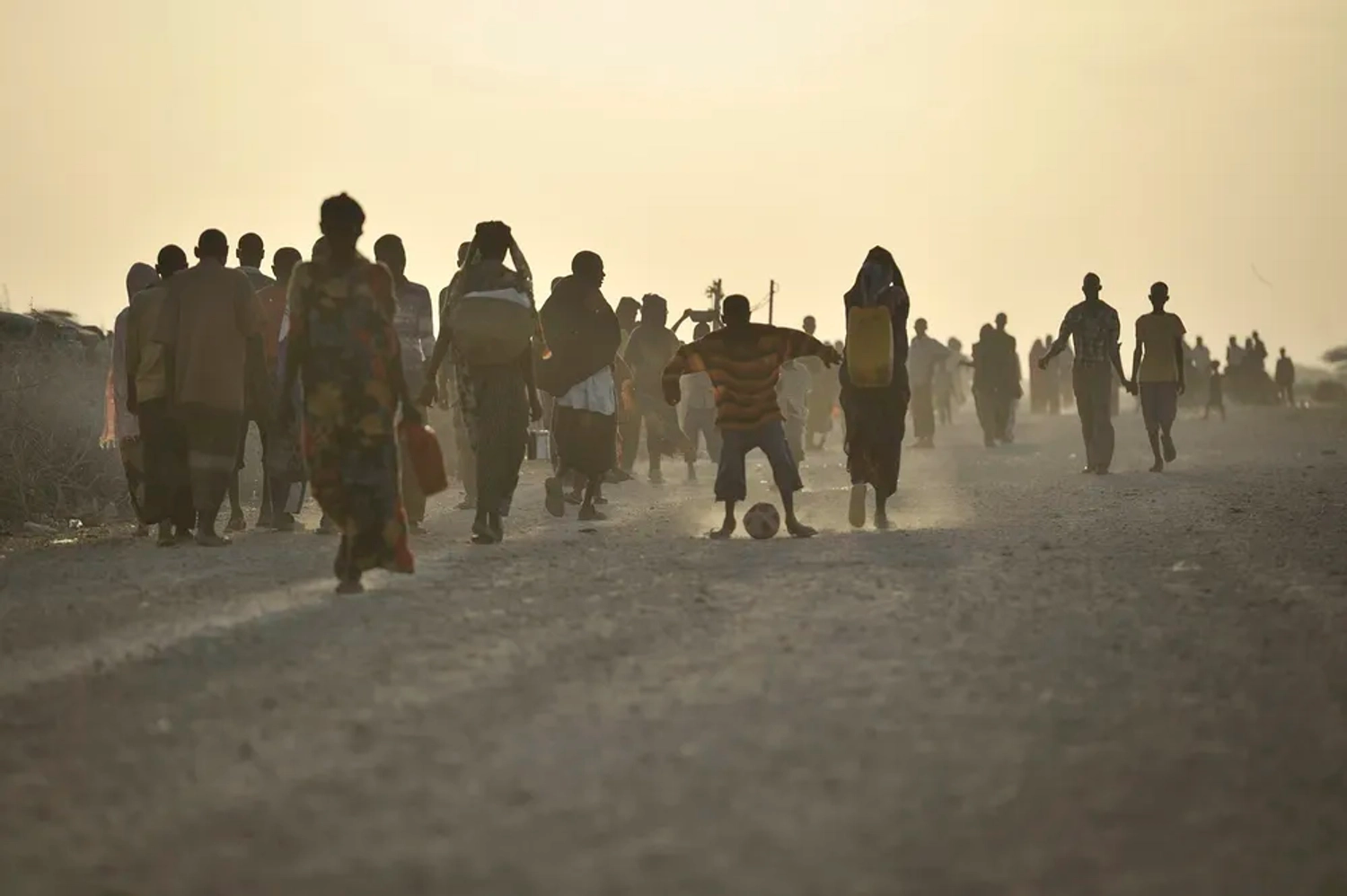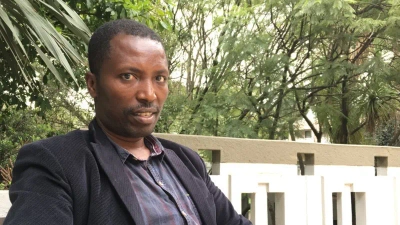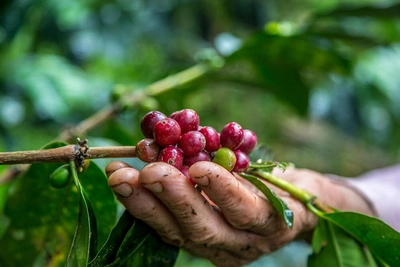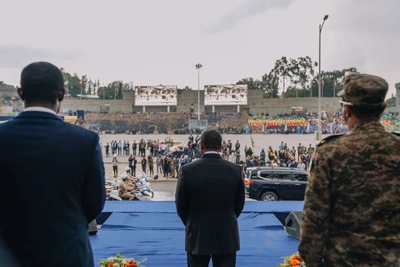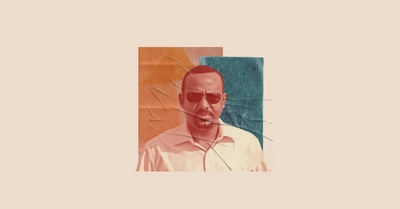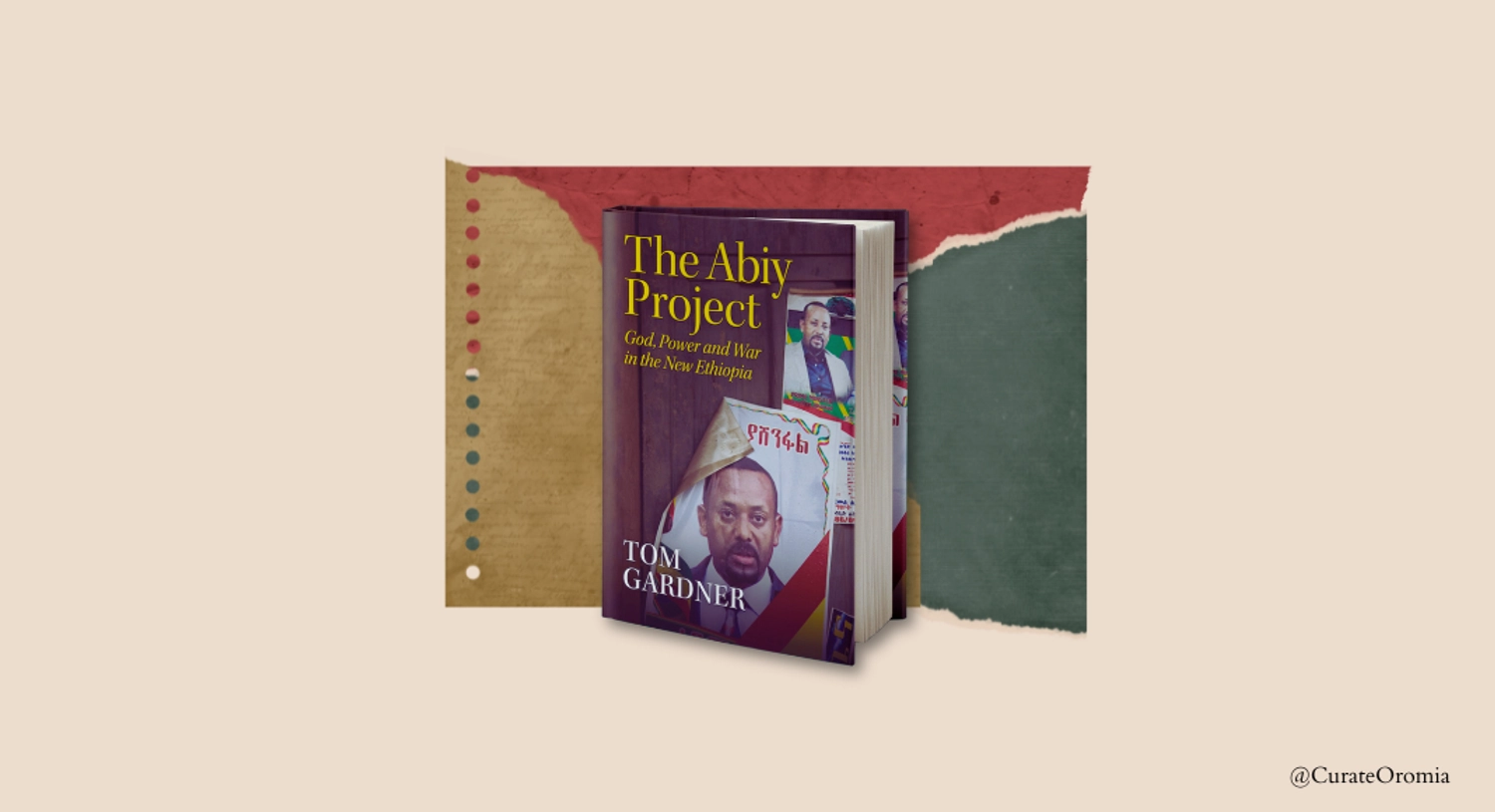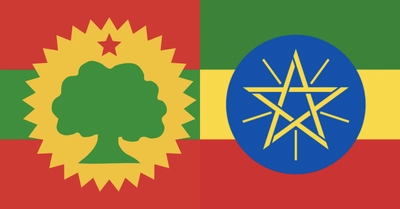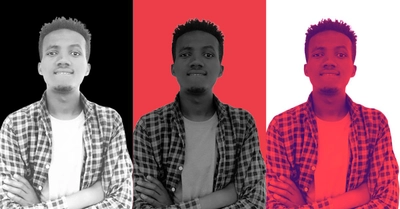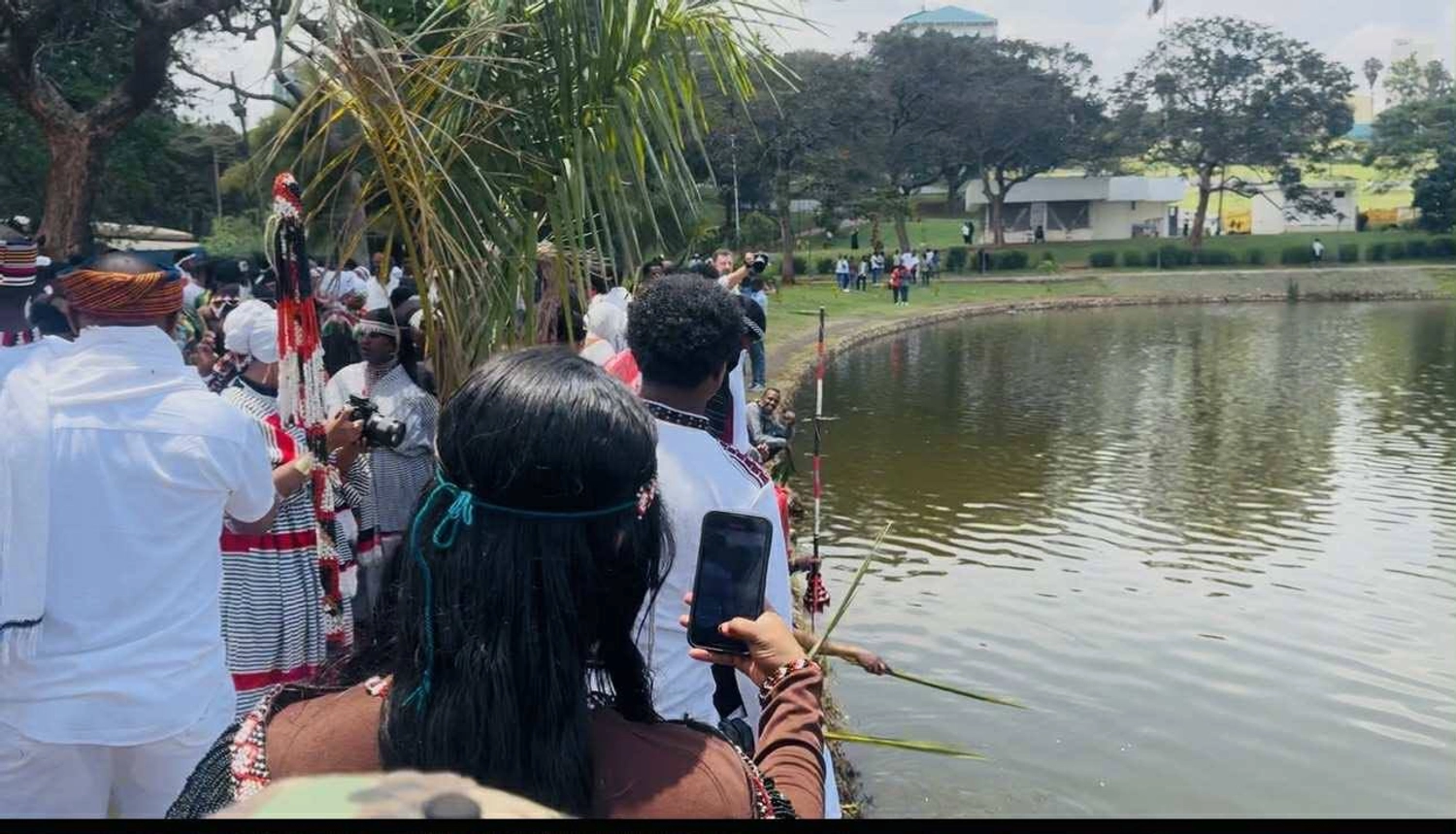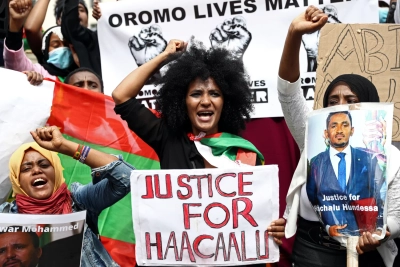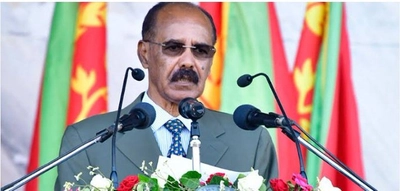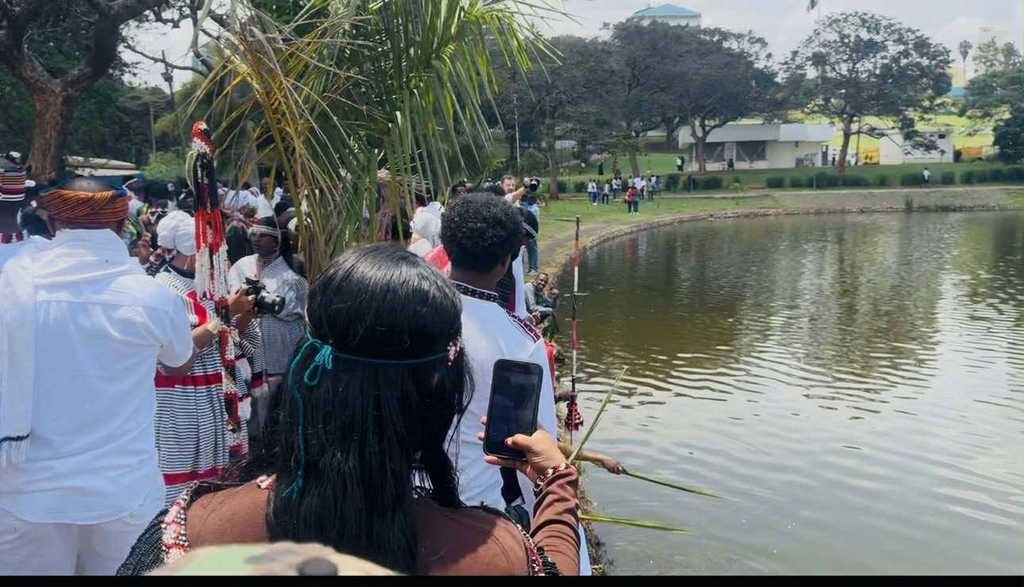
Irreecha Nairobi: A New Dawn for Oromo Unity in Kenya
The Oromo community of Kenya celebrates Irreecha 2025 at Uhuru Park in Nairobi on October 25, 2025. Photo: Social Media.
Subscribe to Curate Oromia.
Find out about our latest articles, calls for submissions, and other updates.
Critics accuse Ethiopia’s ruling party of fueling ethnic conflict in western Oromia
The ruling part is “playing from the TPLF’s playbook.”
Why Ethiopia’s Crisis Could Unleash the World’s Next Displacement Catastrophe
Ethiopia’s disintegration will not only redraw the displacement map of the 21st century but will also fundamentally destabilize the Nile Basin, the Red Sea corridor, and global migration patterns.
The Abiy Project: A conversation with Tom Gardner
Abiy is an idiosyncratic Ethiopian nationalist first.
Irreecha Nairobi: A New Dawn for Oromo Unity in Kenya
The Oromo community of Kenya celebrates Irreecha 2025 at Uhuru Park in Nairobi on October 25, 2025. Photo: Social Media.
We rely on your support.
Our mission is to tell Oromia’s stories on their own terms. Running an independent platform has significant challenges, but readers like you keep us going. Every contribution, however modest, goes directly to our writers and the expansion of our work.

